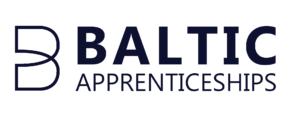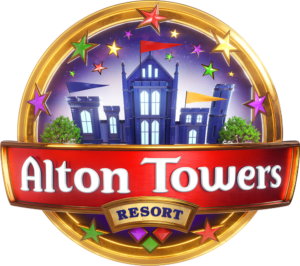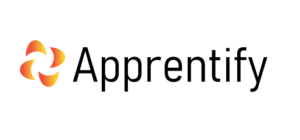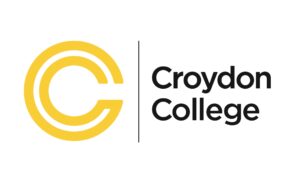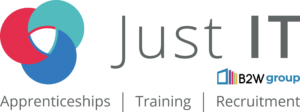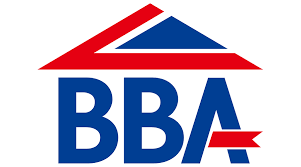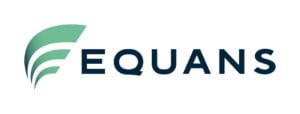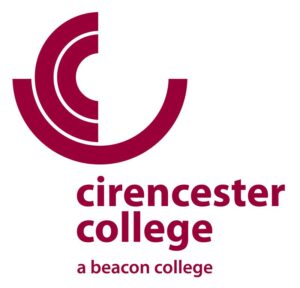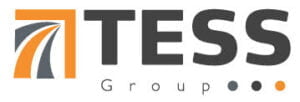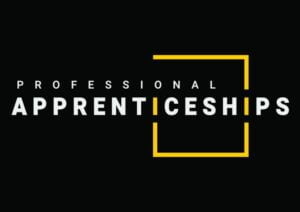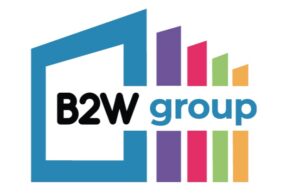What are Reasonable Adjustments in EPA?
What’s a reasonable adjustment?
A reasonable adjustment helps to reduce the effect of a disability or a physical or mental health condition, which may place an apprentice at a disadvantage compared to others.
Employers, training providers and end point assessment organisations (EPAOs) must make reasonable adjustments to ensure apprentices with disabilities or physical or mental health conditions aren’t substantially disadvantaged during training, assessment or when doing their jobs. This is a required duty as part of the Equality Act 2010.
Who are reasonable adjustments for?
Reasonable adjustments are for any apprentice with additional support needs; they aren’t only for physical disabilities.
What support is available?
During end point assessment, the types of adjustments offered may include changes to elements such as:
- the location and timing of the assessment.
- the format, wording, or delivery assessment activity.
- the assessment being carried out in British Sign Language, with the presence of an interpreter.
- the availability of support personnel for additional needs.
- the availability of adaptive software or hardware, or specialist equipment.
The Reasonable Adjustments Matrix shows the type of adjustment that may be requested for various conditions. You can view this here. EPAOs use this to make appropriate and consistent judgements to support apprentices, and ensure no one has any advantage or disadvantage over others.
Some examples of flexibilities that can be granted are:
- Anxiety: you could have a short intro call with your assessor to help you feel more at ease.
- Dyslexia: you could request extra time on your knowledge test or professional discussion.
- Visual impairments: you may request use of a screen reader.
Should I use a reasonable adjustment?
If you believe an adjustment to your end point assessment will help you undertake your EPA in a fair way, we encourage you to make use of it.
Reasonable adjustments benefit you by:
- Giving you the opportunity to demonstrate your occupational competence.
- Ensuring the assessment process is fair and the activity is valid.
- Making sure the result of your EPA is reliable, and future employers can have confidence in your skills and abilities.
- Allowing you to use any necessary aids that reflect your normal ways of working and do not give an unfair advantage.
If you feel that you need support with your apprenticeship and EPA, then this may be the best route for you. Every person is unique and each request will be considered individually.
Your training provider and EPAO will be happy to support you with reasonable adjustments. They both want to support you to complete your EPA and will not mind making these arrangements at all.
How to request a Reasonable Adjustment
Each EPAO will have a Reasonable Adjustment and Special Consideration Policy – you can see 1st for EPA’s here. To request a reasonable adjustment, complete our request form which is available here.
Requests should be submitted as soon as possible to give adequate time for arrangements to be made. Evidence of the difficulty/disability will be required to support the application, along with evidence of any existing adjustments or additional support provided by the employer or training provider.
Adjustments to minimum Maths and English requirements
Apprentices with an EHC plan who have successfully achieved all other aspects of their apprenticeship requirements can apply for
an adjustment to the minimum standards of English and Maths required to an Entry Level 3. This gives people with learning difficulties
and disabilities an equal opportunity to gain the skills and experiences offered through apprenticeships. The training provider will need to evidence that, even with support, reasonable adjustments and ‘stepping stone’ qualifications, you are not able to achieve the minimum level of English or Maths because of your learning disability or difficulty.
Need more advice?
If you’re not sure what to request, speak to your coach or contact the Safeguarding Officer at your training provider – it’s part of their job to help you access any support you need.







